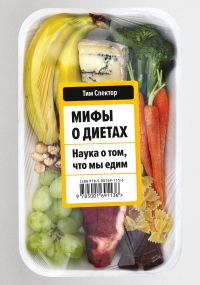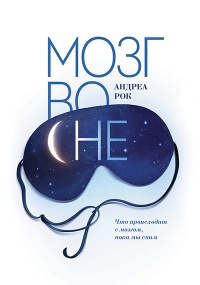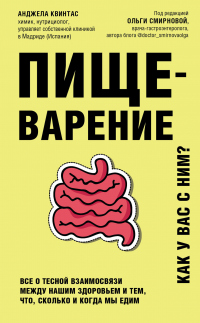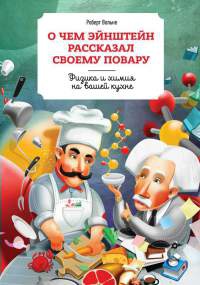Книга Почему мы едим то, что едим. Наука о том, как наш мозг диктует нам, что есть - Рейчел Херц
На нашем литературном портале можно бесплатно читать книгу Почему мы едим то, что едим. Наука о том, как наш мозг диктует нам, что есть - Рейчел Херц полная версия. Жанр: Книги / Домашняя. Онлайн библиотека дает возможность прочитать весь текст произведения на мобильном телефоне или десктопе даже без регистрации и СМС подтверждения на нашем сайте онлайн книг knizki.com.
Шрифт:
-
+
Интервал:
-
+
Закладка:
Сделать
Перейти на страницу:
Перейти на страницу:
Внимание!
Сайт сохраняет куки вашего браузера. Вы сможете в любой момент сделать закладку и продолжить прочтение книги «Почему мы едим то, что едим. Наука о том, как наш мозг диктует нам, что есть - Рейчел Херц», после закрытия браузера.
Книги схожие с книгой «Почему мы едим то, что едим. Наука о том, как наш мозг диктует нам, что есть - Рейчел Херц» от автора - Рейчел Херц:
Комментарии и отзывы (0) к книге "Почему мы едим то, что едим. Наука о том, как наш мозг диктует нам, что есть - Рейчел Херц"
























